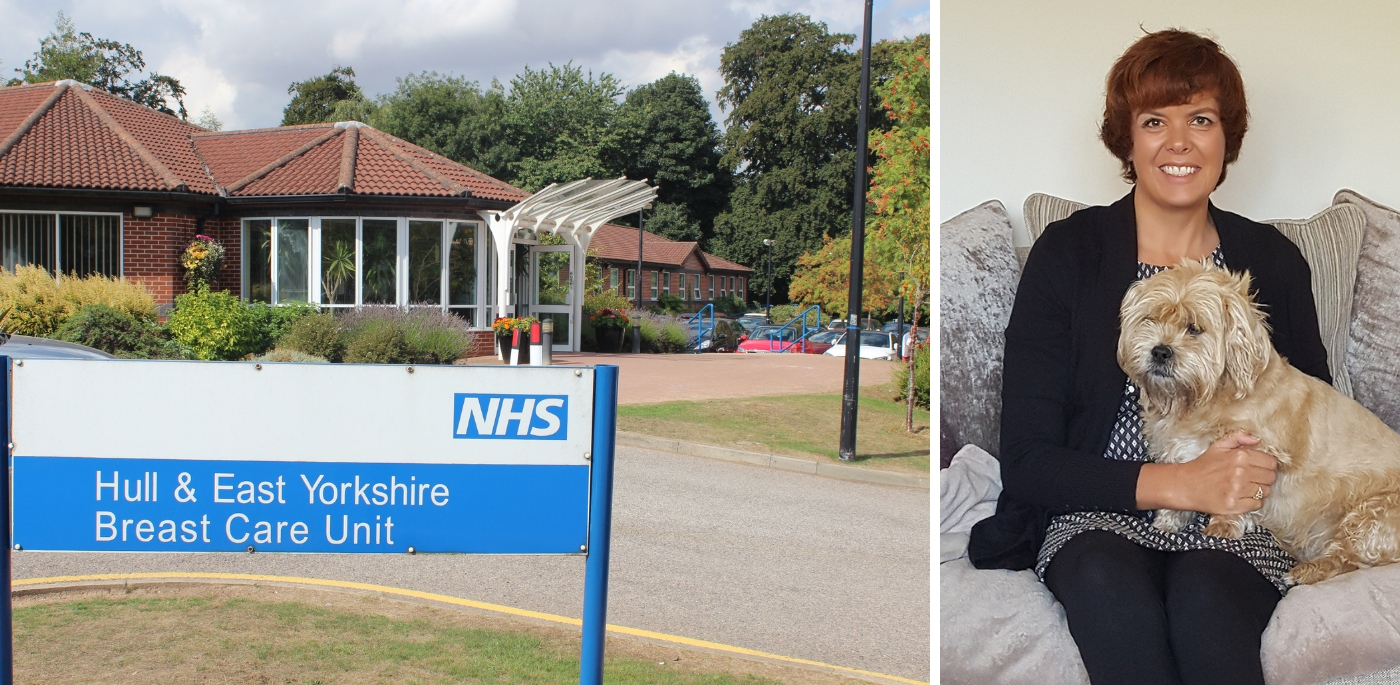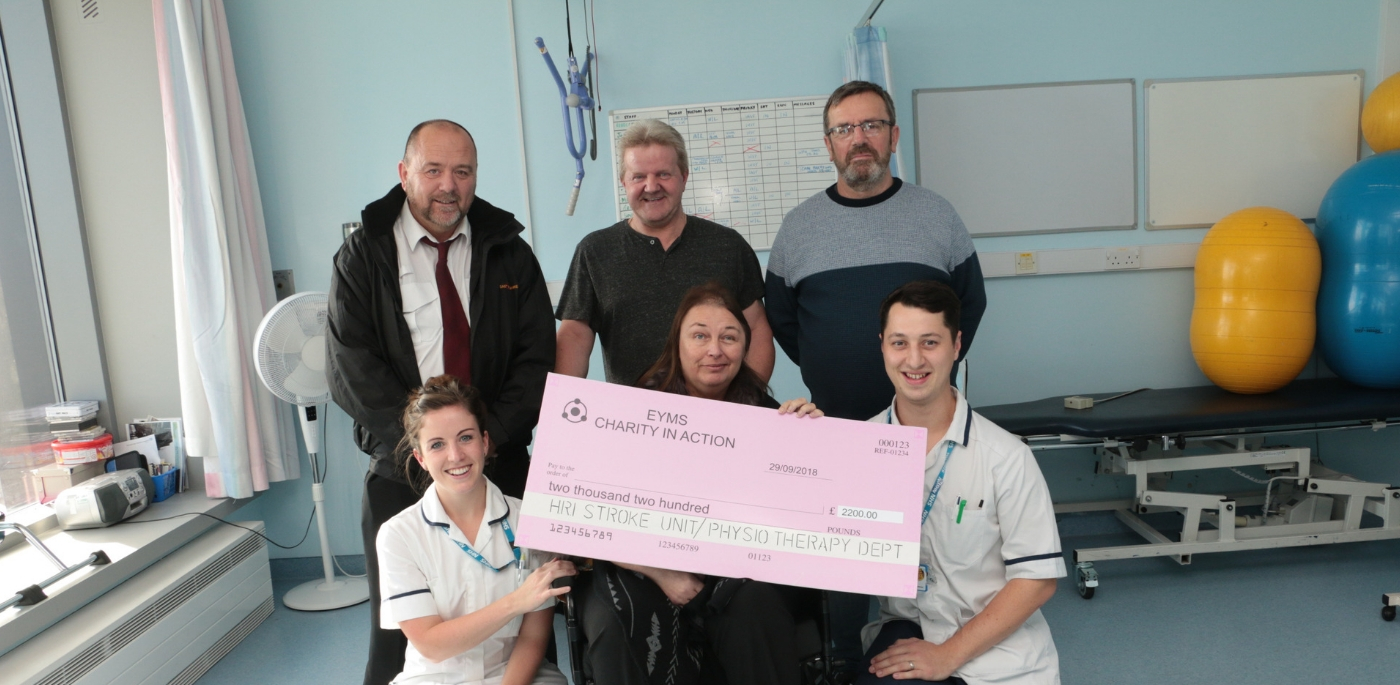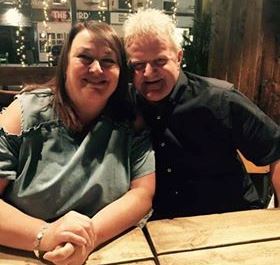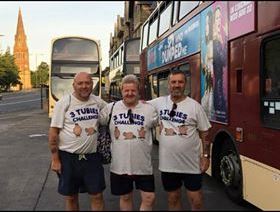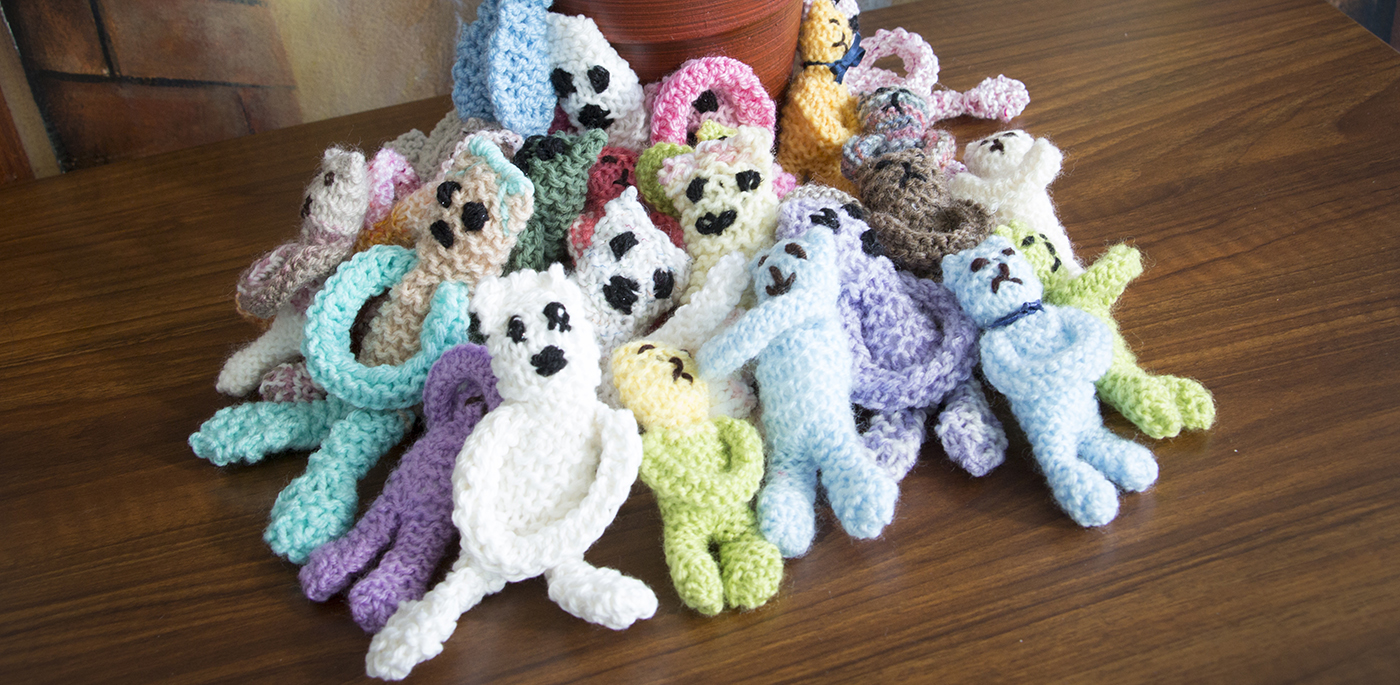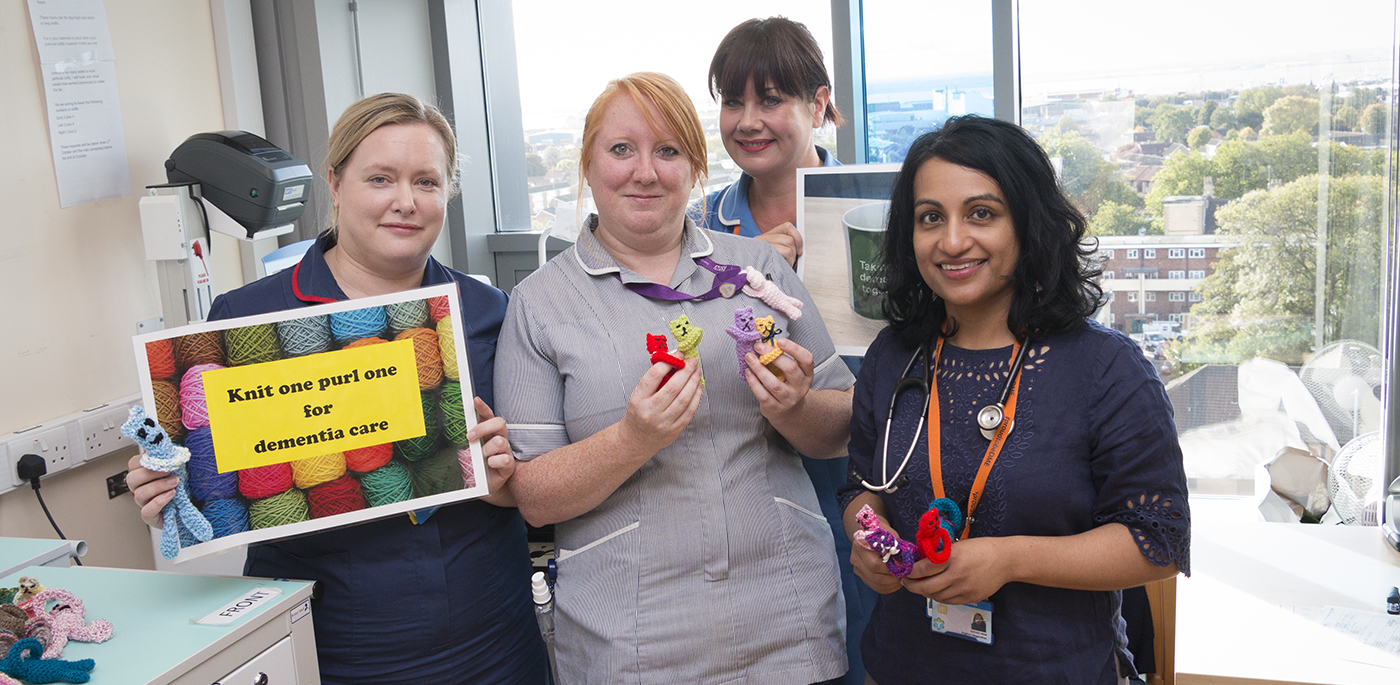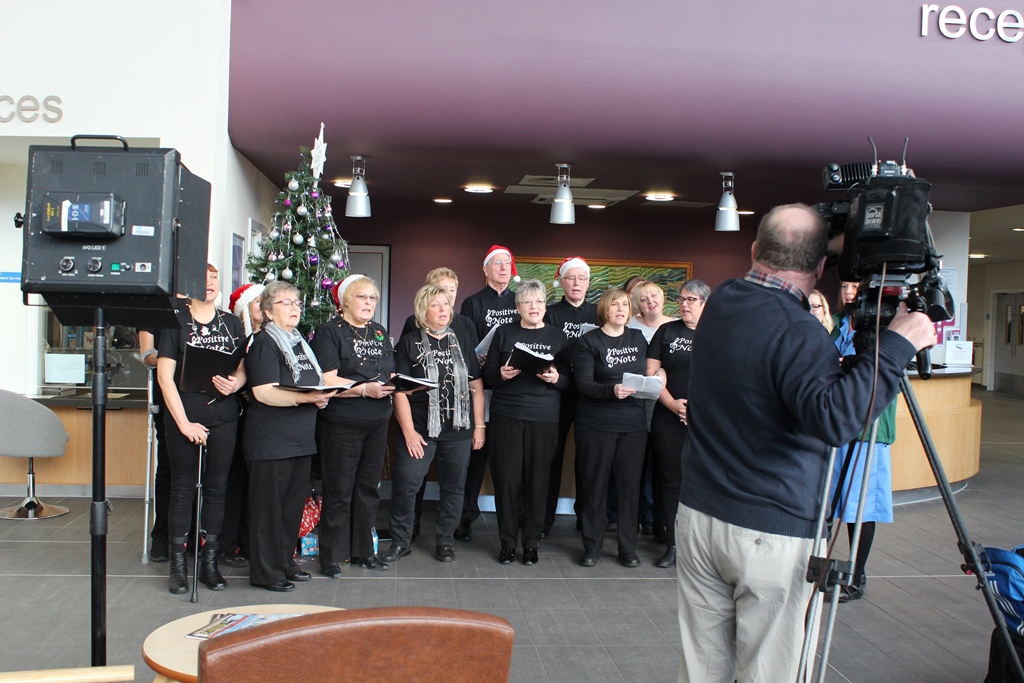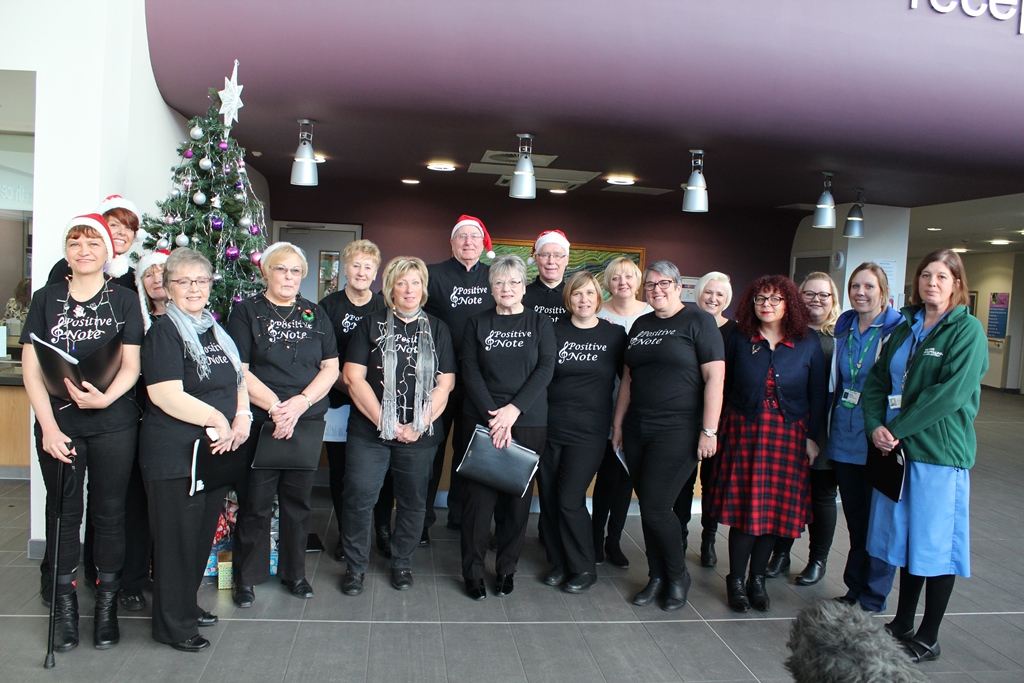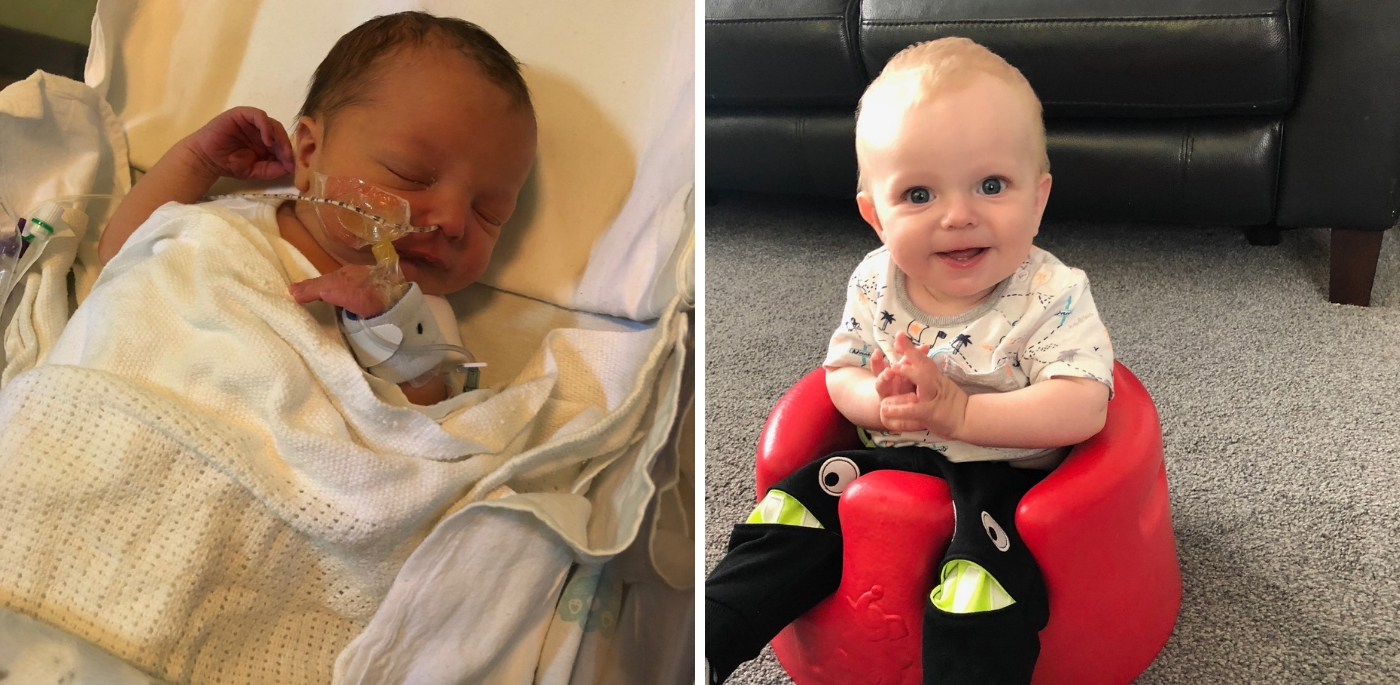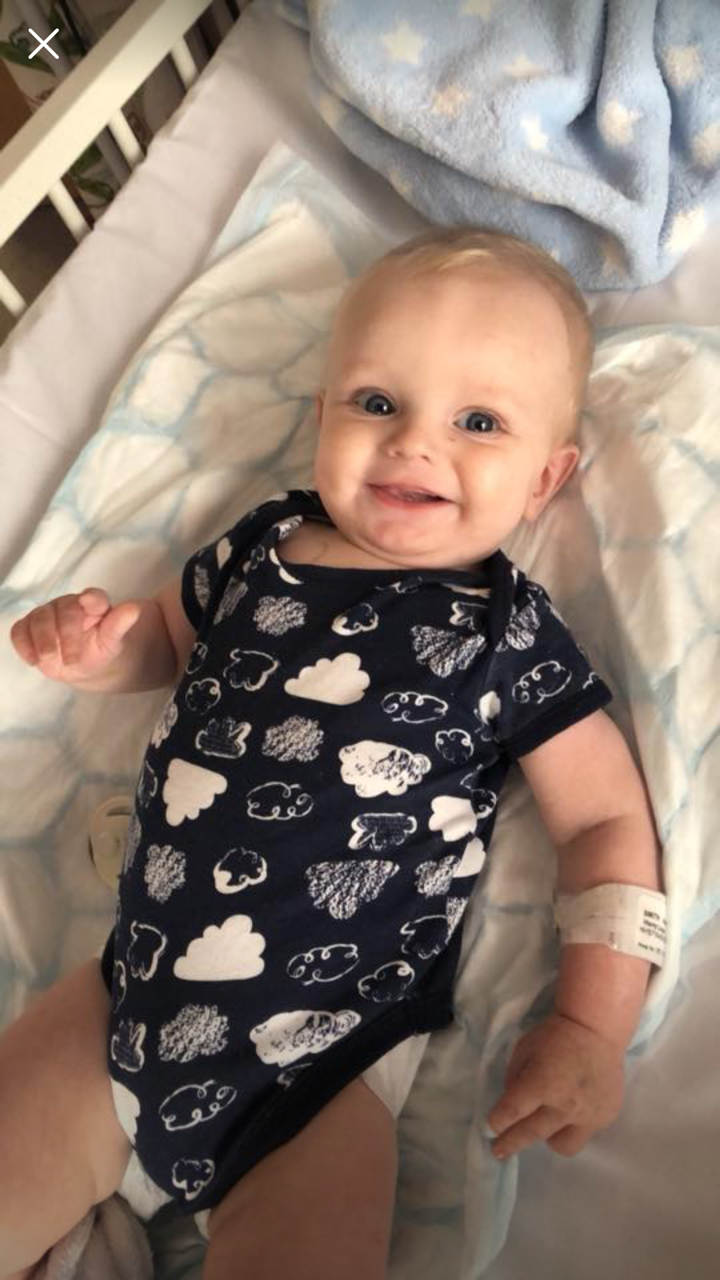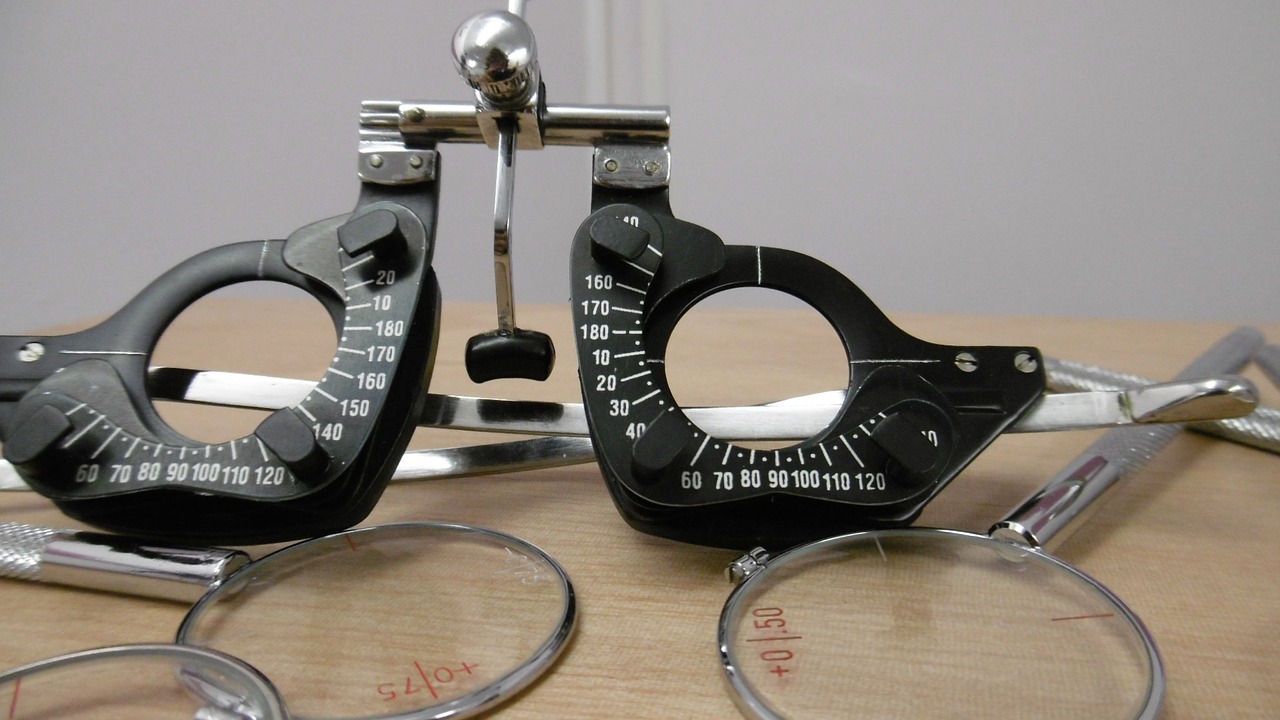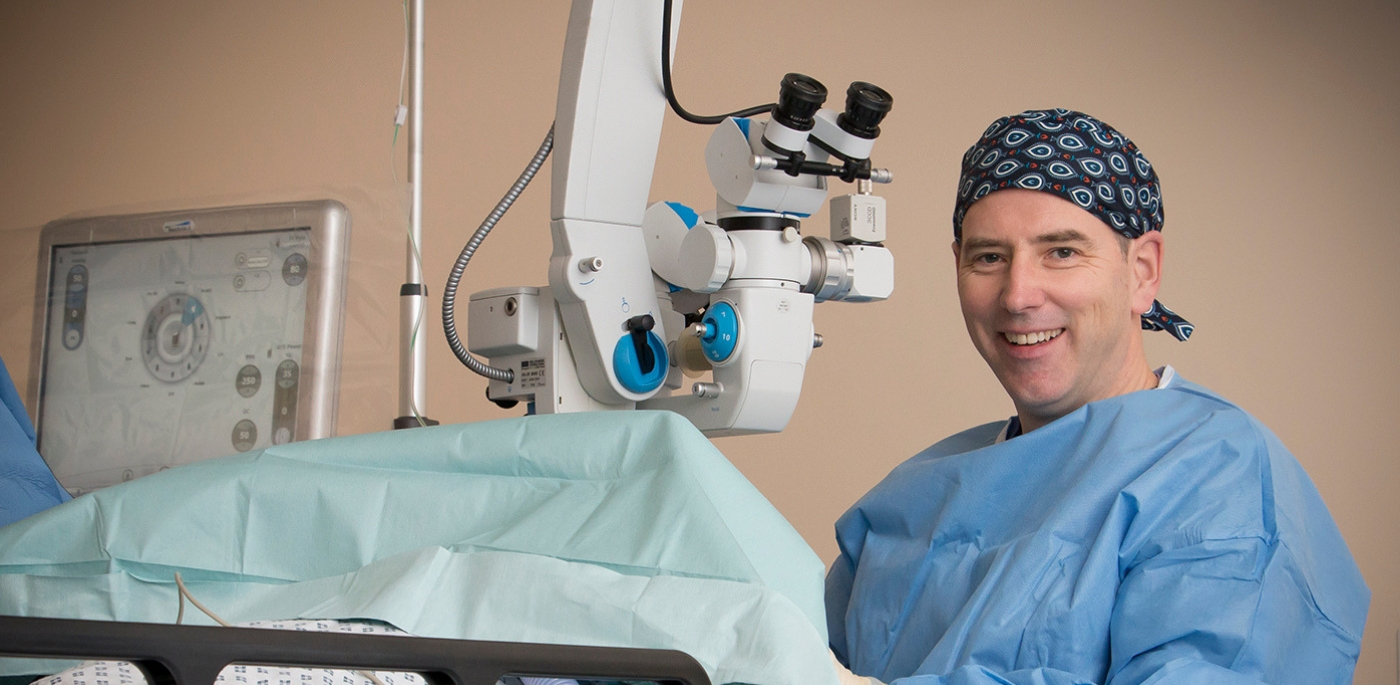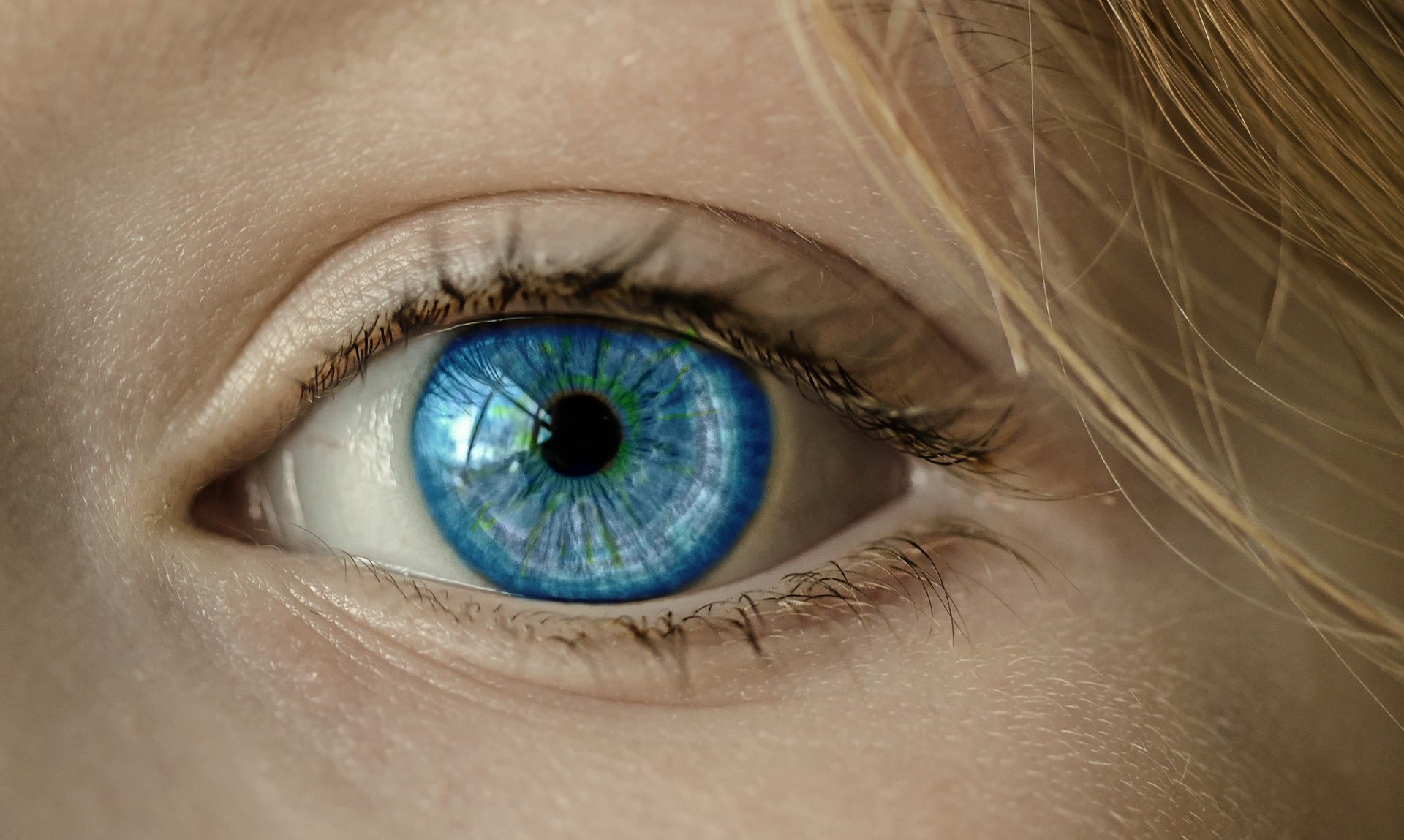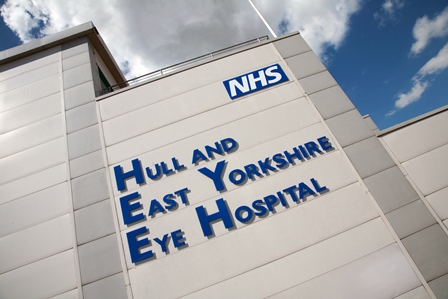She listened to health messages, advising women to check their breasts regularly. So when Pam Turner found a pea-sized lump in her breast, she knew she had to act.
She was referred to Castle Hill Hospital for tests after going to see her GP but, within days, her life was turned upside down when she discovered she had breast cancer.
Now, four years later, Pam is supporting Hull University Teaching Hospitals NHS Trust to mark Breast Cancer Awareness Month and give hope to other women facing the same situation.
She said: “I don’t feel I can ever say it’s gone. That anxiety will always be with me.
“But, in some respects, I am really grateful to cancer because I live every single day to the full and it’s given me confidence to do things I never thought I would do.”
Pam, a high-level teaching assistant at Lockington Primary in the East Riding, discovered the lump in her breast in June 2014, waited a couple of weeks to see if it would disappear and then went to her GP.
Referred to the Breast Care Unit at Castle Hill Hospital, she underwent a biopsy and was called back into the unit to be told the lump was cancerous.
“Your mind goes blank and your world turns upside down in that split moment,” she said.
After an MRI scan, Pam was introduced to Macmillan Nurses who supported her throughout her journey.
“Everyone at the unit is just amazing,” she said. “The Macmillan Nurses are fantastic for anyone in that situation.
“You come out of the consulting room with all this information and it’s so overwhelming but with them, you have the opportunity to be taken to one side and think through your options.”
Pam underwent two lumpectomies but the surgeries revealed further tumours so she had to have a bilateral mastectomy followed by chemotherapy.
She was helped staff and counsellors at the Oncology Health Centre at the Queen’s Centre, who helped her cope with what she described as the “massive trauma” of losing both her breasts at the age of 47.
“You get your last chemotherapy and everyone says how fantastic it is and it’s over but it felt to me almost liked I had been rushed through a massive whirlwind where my life had been turned upside down.”
As well as the support of the Oncology Health Centre, Pam joined Positive Note, the choir formed by the Living With and Beyond Cancer team to support those whose lives have been touched by cancer.
She said: “The choir has been an absolute lifeline for me. I’ve met such wonderful people, people affected by cancer in different ways.
“Some people have lost relatives through cancer, some have been on a similar journey as me and some have a terminal diagnosis but we all support each other. The lift you get from singing is just amazing.”
Pam underwent reconstructive surgery in October 2015 and is still on medication to reduce the risk of cancer returning.
She said: “While I don’t feel I’ll say it’s gone, I do feel like I’m in remission. Next year, I will be having a party to mark five years.
“I just try to live to the full every day and do things I never did before.
“I’ve been hang-gliding, I’ve been on the longest zip wire in the world, I’ve been rock-climbing – none of these things I had ever imagined I would do before I had cancer.”

